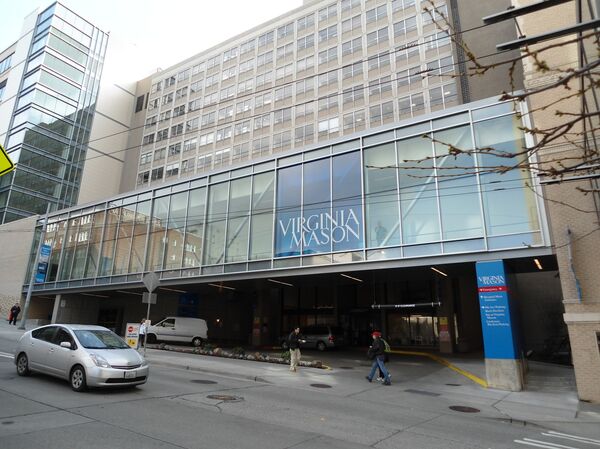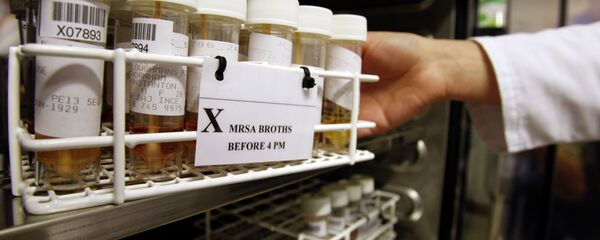Eleven of those patients infected at Virginia Mason Medical Center between 2012 and 2014 eventually died, the hospital and city health officials said, but it’s not clear what role, if any, the infections had in the deaths.
The rare bacteria likely were transmitted from patient to patient by specialized endoscopes, flexible tools used to treat pancreatic cancer and other gut problems, which had been cleaned according to manufacturers’ directions, the Seattle Times reported.
Patients were infected with the same type of bacteria – carbapenem-resistant Enterobacteriaceae, or CRE – that was found on the scopes. CRE is resistant to most antibiotics, and may kill up to 50 percent of people infected, according to the Centers for Disease Control and Prevention.
The scopes are used for thousands of procedures each year in U.S. hospitals. The disinfection recommendations of the three main manufacturers of the scopes were approved by the U.S. Food and Drug Administration. All three have been connected to CRE infections.

"This is a national problem," Virginia Mason Medical Center said in a statement. "We determined that the endoscope manufacturer's, as well as the federal government's, recommended guidelines for processing the scopes are inadequate."
Contaminated endoscopes also infected dozens of patients in Pittsburgh in 2012 and Chicago in 2014. No fatalities were directly linked to those infections, and the Seattle outbreak appears to be among the worst so far.
Olympus, a manufacturer which supplies many of the Seattle hospital's scopes, said in a statement it was "monitoring this issue closely."
It took investigators months to pinpoint the contamination, and the hospital has since instituted a rigorous decontamination process that exceeds national standards, Dr. Jeffrey Duchin, a Public Health — Seattle & King County who helped investigate the outbreak, told Reuters.
Despite the lengthy search for the source of the outbreak, neither infected patients nor their families were notified – not by Virginia Mason or by Public Health — Seattle & King County.
“Are you going to create unnecessary fear in the public about something we can’t do anything about?” Dr. Chris Baliga, Virginia Mason’s medical director of infection prevention, told the Seattle Times.
Officials at the Seattle hospital, Public Health and the CDC are now worried that the scope’s complex design harbors bacteria that can not be cleaned, even with recommended disinfection techniques.
The CDC has reached out to the Food and Drug Administration, which regulates medical devices, but so far, the FDA has issued no warning or recalls. FDA spokeswoman Leslie Wooldridge said the agency is aware of and closely monitoring the association between CRE infection and scopes.



